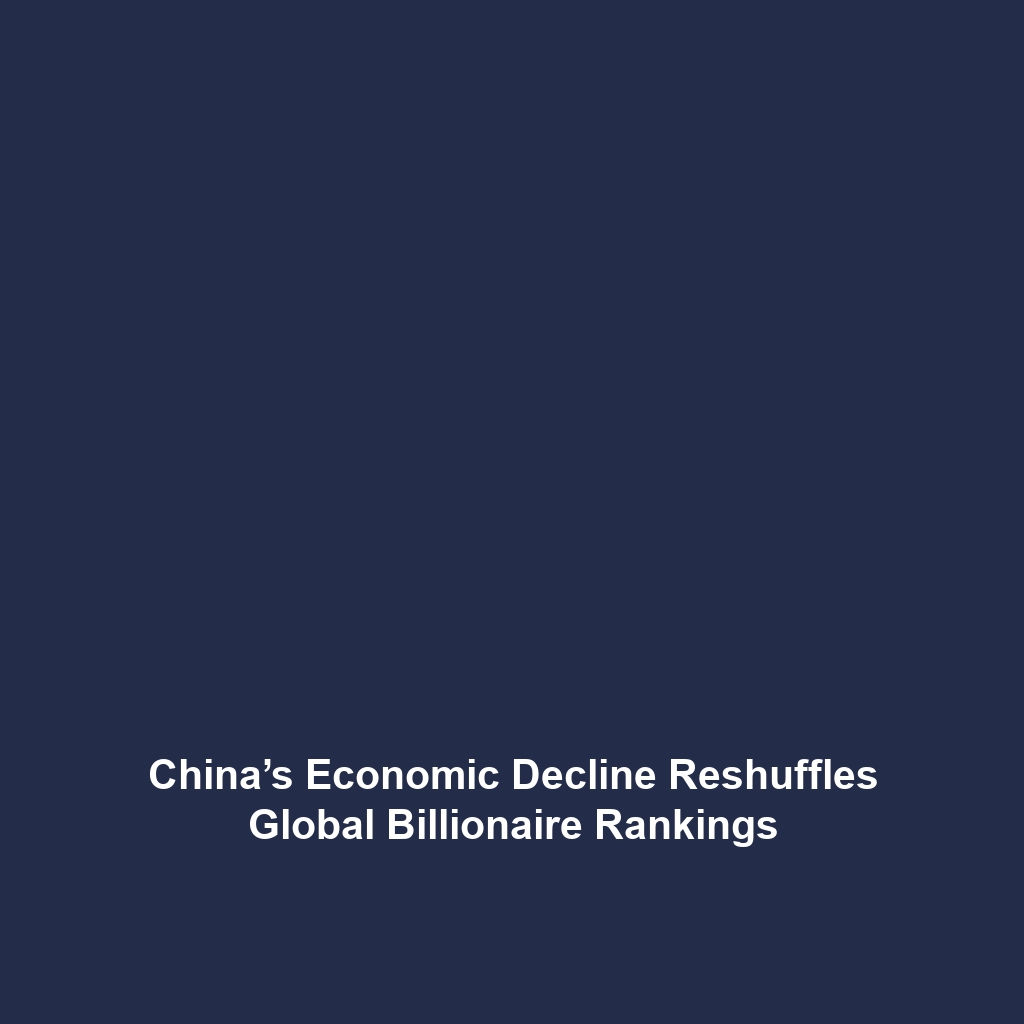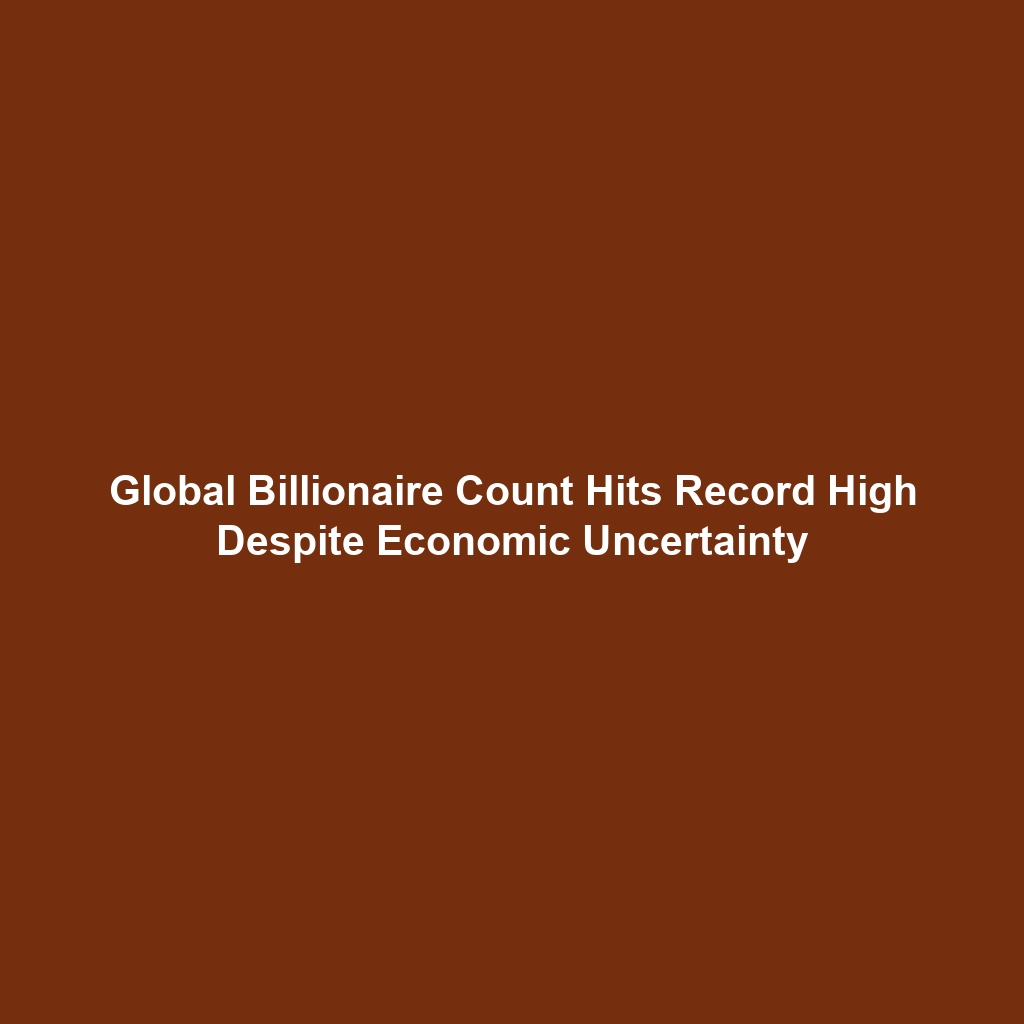Your cart is currently empty!
Tag: economic challenges

Howard Schultz Reinvests in Starbucks
Howard Schultz Reinvests in Starbucks
Howard Schultz Reinvests in Starbucks
Former CEO Howard Schultz has significantly upped his stake in Starbucks, demonstrating his confidence in the company’s long-term growth potential. As a well-known figure in the coffee market and beyond, Schultz’s reinvestment comes during a pivotal period for the company, prompting discussions about its operational strategies and market resilience.
Key Details of Schultz’s Reinvestment
Howard Schultz announced on Monday that he has increased his ownership stake in Starbucks by purchasing an additional 1.5 million shares. This move values his investment at approximately $50 million. Schultz, who returned as CEO in early 2022, has positioned himself as a pivotal influencer in the company’s strategic direction.
Schultz has emphasized his commitment to reinvigorating the Starbucks brand through both innovation and expansion. His reinvestment indicates a belief that the company can navigate through current economic challenges and continue to thrive.
Strategic Context
Starbucks has faced a series of challenges in recent years, including supply chain issues and shifts in consumer behavior due to the pandemic. However, Schultz’s return to the helm has been characterized by a focus on innovation, including the introduction of new beverage options and the enhancement of customer experience through digital transformation.
Market analysts have noted that Schultz’s understanding of the company’s culture and operational dynamics positions him uniquely to lead during this transitional phase. According to a report by the Wall Street Journal, Schultz’s previous initiatives, such as expanding the menu and emphasizing sustainability, have had lasting positive impacts on the company’s growth trajectory.
Analysts Weigh In
Experts from the retail analysis field have expressed optimism regarding Schultz’s recent actions. Nadine T. from Market Advisory Group stated, “Investments from leadership signal internal confidence. Schultz’s reinvestment might motivate other investors to reconsider their stakes in Starbucks.”
Moreover, analysts are closely watching consumer sentiment and its effect on Starbucks’ growth. The company has introduced various strategies like drive-thru locations and mobile ordering, catering to the evolving preferences of customers seeking convenience and speed.
Future Growth Prospects
Despite the challenging economic environment, Starbucks has maintained a strong brand image and vast market presence, positioning itself for potential growth. Schultz’s renewed investment can be seen as a vote of confidence in the recovery trajectory following the pandemic’s disruptions.
Analysts project that, with efficient execution of its strategic plans, Starbucks could see accelerated earnings growth in the coming quarters. Schultz has reaffirmed his commitment to enhancing shareholder value, focusing on both operational efficiency and strategic investments in technology to better serve customers.
Conclusion
Howard Schultz’s reinvestment in Starbucks represents a strong endorsement of the company’s vision for future growth. As the company navigates post-pandemic consumer dynamics and economic pressures, Schultz’s actions may catalyze renewed interest from investors and confidence among stakeholders.
Moving forward, it will be imperative for Starbucks to capitalize on its strengths and innovate within a competitive marketplace to sustain long-term growth. The coming months will be crucial in assessing how Schultz’s vision translates into tangible results for the brand.

China’s Economic Decline Reshuffles Global Billionaire Rankings
China’s Economic Decline Reshuffles Global Billionaire Rankings
China’s Economic Decline Reshuffles Global Billionaire Rankings
China’s ongoing economic downturn has had profound implications on the global wealth landscape, most notably resulting in the removal of 155 billionaires from the prestigious list of the world’s wealthiest individuals. The ripple effects of this recession extend beyond financial losses for these high-net-worth individuals, reshaping the distribution of wealth across the globe.
Understanding the Economic Context
In recent years, rapid economic growth in China has significantly contributed to the emergence of a new class of billionaires. According to Forbes, the nation was home to approximately 1,200 billionaires, a figure that has been sharply reduced by the recession affecting various sectors, including real estate and manufacturing.
The decline in economic performance can be attributed to multiple factors, including stringent COVID-19 policies, a debt crisis within the property sector, and declining consumer confidence. The Chinese government’s decision to adjust its economic policies, aimed at promoting sustainable growth rather than rapid expansion, has further complicated the landscape.
Impact on Billionaires and Wealth Distribution
The significant drop in the number of billionaires is indicative of a broader trend in wealth distribution captured in the recently released Bloomberg Billionaires Index. For instance, China’s richest individuals such as Jack Ma and Zhong Shanshan experienced sharp declines in their fortunes, as their businesses faced increased regulatory scrutiny and market challenges.
The reduction of billionaires in China is not only a local phenomenon but also reshapes the global billionaire landscape. These changes mean a notable shift in wealth concentration, potentially benefitting billionaires from other countries as they gain relative prominence on lists compiled by financial media outlets.
Global Reactions and Future Outlook
In response to the decline of wealth among Chinese billionaires, global markets have reacted with a mix of caution and interest. Investors are closely monitoring how China adapts its economic strategy in the coming years. Financial analysts are divided on the long-term impact of these shifts, with some predicting accelerated global integration of wealth, while others foresee a potential return to stability for China’s economy.
Mark Zandi, chief economist at Moody’s Analytics, stated, “China’s economic challenges will require concerted efforts to stabilize the financial markets and restore investor confidence. Until then, the global economic landscape will remain quite volatile as adjustments are made.” This sentiment underscores the unpredictability of markets heavily influenced by China’s economic performance.
The Bigger Picture: A Shift in Global Wealth
Historically, the rise and decline of billionaires often coincide with broader economic trends. The current condition in China serves as a stark reminder of the interconnectedness of global economies. As Beijing wrestles with internal economic pressures, the effects are felt worldwide, particularly in markets reliant on robust trade links.
Countries such as the United States and India may see increased activity among their wealthiest individuals, as they potentially capitalize on the market void left by the diminishing count of Chinese billionaires. This shift could validate forecasts regarding the eventual center of wealth moving away from Asia towards the West.
Conclusion
China’s economic decline has reshaped the landscape of global wealth, marking a significant reduction in the number of billionaires from the country. As 155 billionaires disappear from consolidated wealth lists, the implications transcend national borders, emphasizing the interconnected nature of global economics.
Emerging from this economic turmoil may depend on China’s capacity to stabilise its economy and restore confidence. As the situation evolves, the global community is left to grapple with the profound changes to wealth distribution and the ongoing implications for economic policies worldwide.
For further insights into the shifting dynamics of wealth and the global economy, readers can visit trusted financial news platforms such as Bloomberg, Forbes, and The Economist.

Global Billionaire Count Hits Record High Despite Economic Uncertainty
Global Billionaire Count Hits Record High Despite Economic Uncertainty
Global Billionaire Count Hits Record High Despite Economic Uncertainty
The number of billionaires worldwide has reached an all-time high, with a record 2,640 individuals now qualifying for this elite financial status. This unprecedented surge in wealth accumulation occurs amidst widespread economic uncertainty and challenges triggered by the COVID-19 pandemic, geopolitical tensions, and inflationary pressures.
Wealth Distribution and Concentration
According to data released by Forbes, the global billionaire count has increased significantly in recent years, reflecting a trend of extreme wealth concentration. In 2023 alone, the combined net worth of the world’s billionaires rose to $12.2 trillion, marking an increase of $2 trillion from the previous year. This phenomenon raises important questions about income inequality and the socio-economic implications of such concentrated wealth.
A substantial portion of this wealth is concentrated in the technology and finance sectors, with figures indicating that at least 50% of the world’s billionaires derive their fortunes from these industries. Experts argue that advancements in technology and digital finance have accelerated wealth creation, even as many individuals and families continue to struggle economically.
Regional Insights
The United States continues to lead in billionaire wealth, hosting 735 individuals with a total net worth exceeding $4.5 trillion. The increase in American billionaires is often attributed to the booming stock market and the rapid growth of tech companies during the pandemic. Notably, business magnates such as Elon Musk and Jeff Bezos frequently highlight the impact of innovation on wealth generation.
In contrast, billionaire growth in regions like Asia has been marked by the sharp rise of entrepreneurs in emerging markets. For example, India has seen a surge in billionaires with a record of 169 individuals in 2023, supported by budding sectors like e-commerce and renewable energy. This shift demonstrates the changing landscape of global wealth as highlighted by economist Dr. Linda Zhang, who states, “Emerging markets are becoming increasingly significant players in the world economy, creating opportunities for wealth generation that were previously unavailable.”
Challenges and Criticisms
Despite the growth in billionaires, the global economy faces significant challenges. Inflation rates have surged, impacting households and driving up the cost of living in many regions. This economic uncertainty raises concerns about the implications of wealth concentration. Critics argue that billionaires wield unprecedented influence over political and economic systems, exacerbating income inequality where the wealth gap continues to widen.
In response, calls for higher taxation on the ultra-wealthy have intensified, particularly in regions where income inequality is glaringly visible. Advocates for wealth redistribution argue that billionaires should contribute more significantly to social programs aimed at alleviating poverty and enhancing public services. “The concentration of wealth at the top is unsustainable, and policy frameworks need to evolve in response to these discrepancies,” says social policy analyst Dr. Maria Thompson.
The Role of Philanthropy
Philanthropy has emerged as a mechanism through which billionaires address some of the pressing global issues they are increasingly criticized for. Wealthy individuals and foundations have contributed billions to various causes, including education, health, and environmental initiatives. However, the effectiveness of philanthropy as a solution to broader structural problems remains controversial.
Many argue that while philanthropy can offer temporary relief, it does not replace the need for comprehensive policy changes that address the root causes of poverty and inequality. “We must be cautious of viewing philanthropy as a panacea; it cannot substitute for systemic solutions,” remarks Dr. Jonathan Reed, an expert in public policy.
Future Outlook
The unprecedented rise in billionaires poses both opportunities and challenges as the world navigates through economic turbulence. While innovative sectors continue to generate wealth, addressing the inherent issues surrounding wealth concentration is imperative to ensure a more inclusive economic landscape. Industry analysts project that the trend of increasing billionaire counts will likely continue in the near term but underscore the necessity for policy interventions aimed at fostering equitable wealth distribution.
In conclusion, the record high in the global billionaire count amidst economic uncertainty highlights a pivotal moment in wealth distribution. As wealth continues to concentrate among a small percentage of the population, the urgency for discussions regarding equitable economic policies and practices grows stronger. Moving forward, collaboration among governments, institutions, and the private sector will be vital in creating a more balanced economic future.






